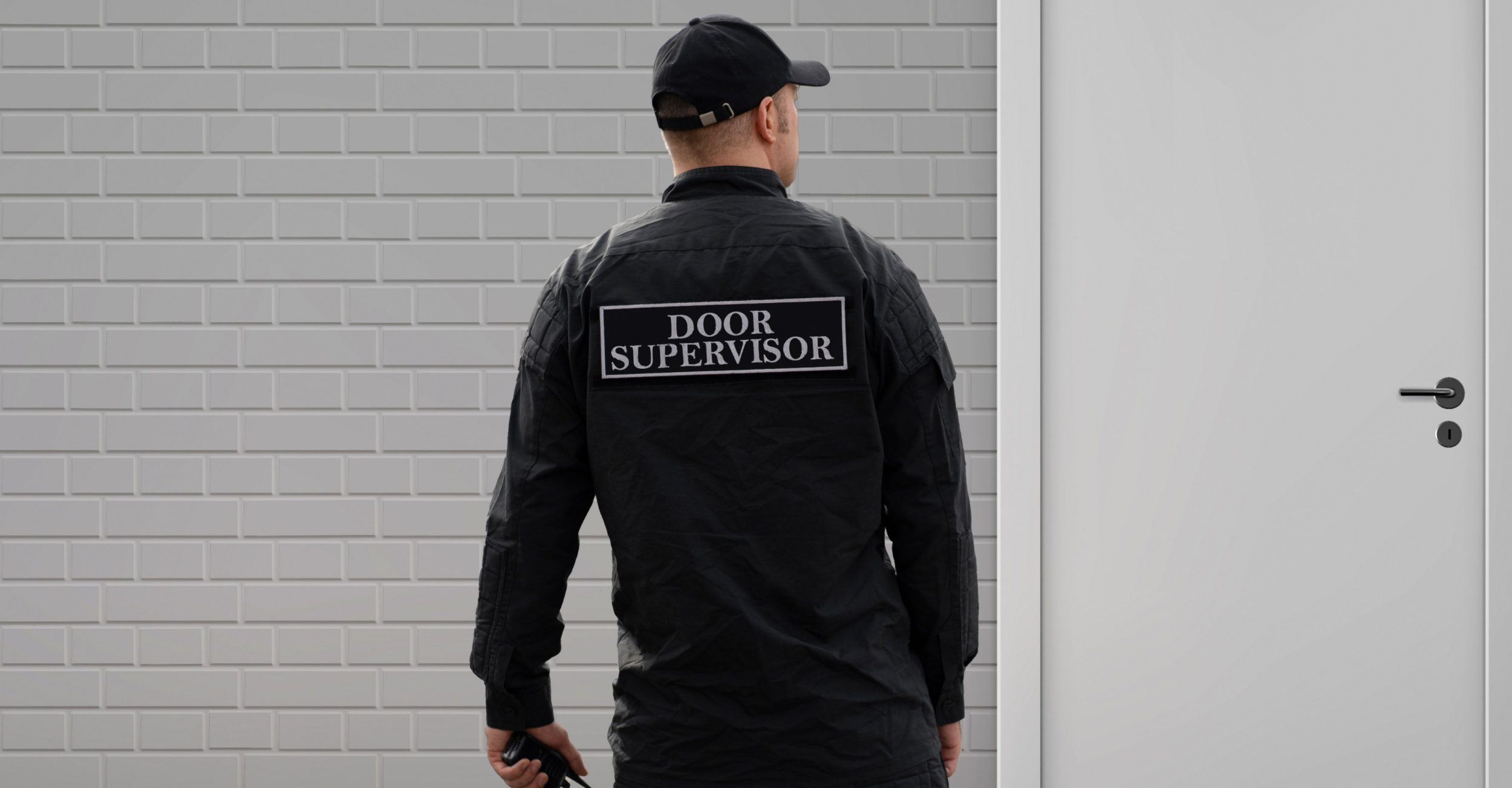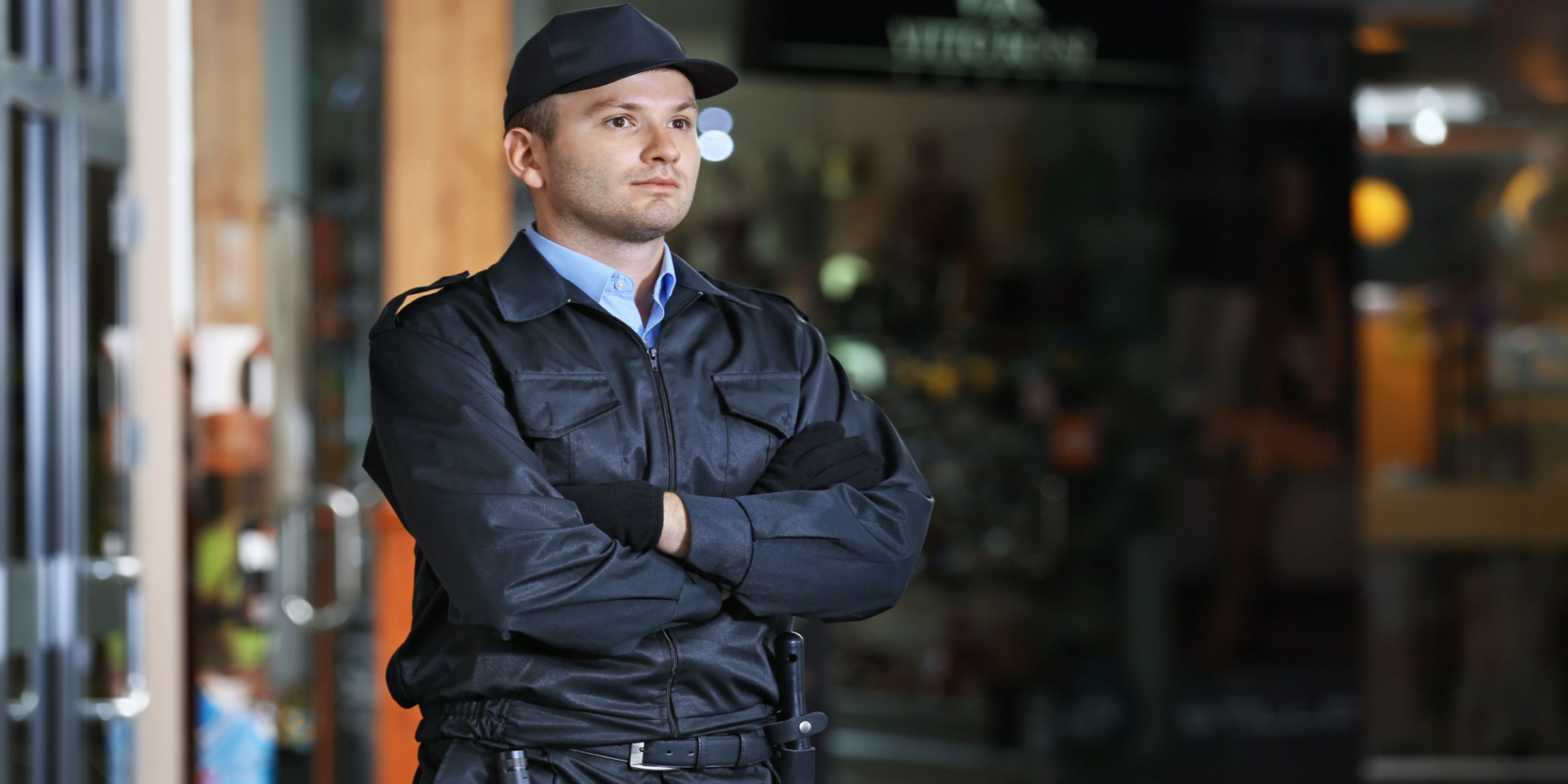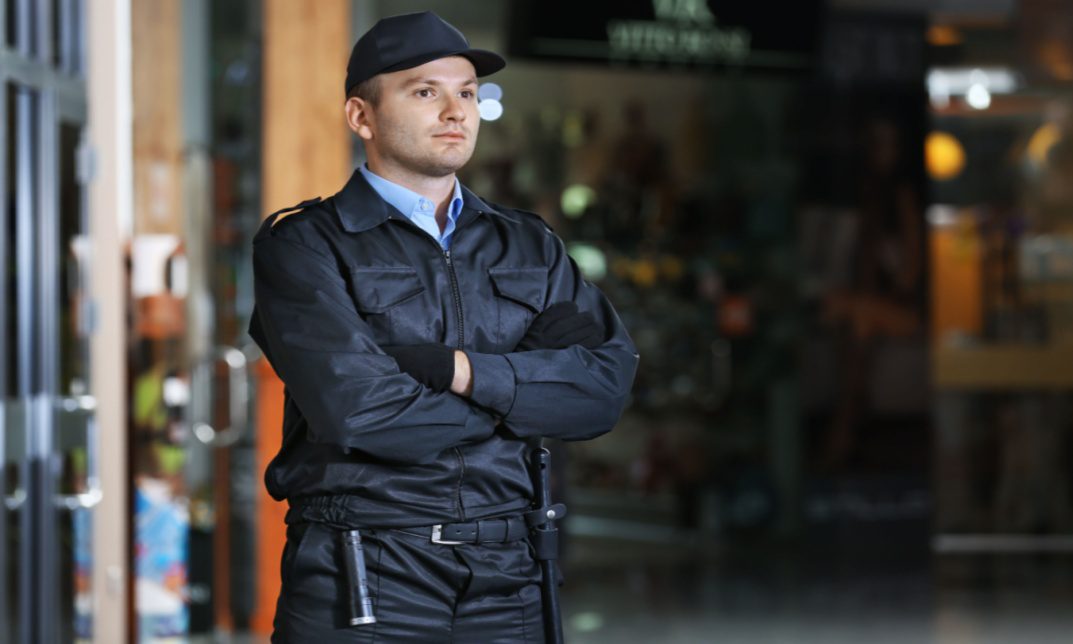Have you ever wondered who is responsible for maintaining order and safety at your favourite bar or nightclub? The answer often lies with a door supervisor. But what is a door supervisor, and why are they essential for security? In this blog, we will explore the role of door supervisors, their responsibilities, and the skills required to excel in this profession. Furthermore, we will delve into the training and qualifications needed to become a door supervisor, as well as the various settings in which they work.

Understanding the Role of a Door Supervisor
A door supervisor, sometimes referred to as a bouncer, is a security professional responsible for maintaining safety and order at licensed premises. These venues include pubs, bars, nightclubs, and events such as concerts and festivals. Therefore, door supervisors are crucial in ensuring that only authorised individuals gain entry, thus protecting both the business and its patrons.
Key Responsibilities of a Door Supervisor
The primary responsibility of a door supervisor is to manage access to a venue and maintain a safe environment. However, their duties extend beyond merely controlling entry. Here are some of the main responsibilities:
- Access Control: Door supervisors manage entry and exit points, ensuring only authorised individuals enter the venue.
- ID Checks: They verify identification documents to confirm the age and identity of visitors, particularly important in venues serving alcohol.
- Conflict Resolution: Door supervisors defuse confrontations or disputes, sometimes even before they escalate, ensuring a peaceful environment.
- Crowd Management: They oversee queues and maintain crowd control both inside and outside the premises.
- Emergency Response: Acting as first responders in emergency situations until specialised help arrives.
Skills Required for a Door Supervisor
To be effective, a door supervisor must possess a range of skills. These include:
- People Skills: The ability to read people and manage a wide range of personalities is crucial for maintaining order and ensuring safety.
- Communication Skills: Clear and effective communication, both verbal and written, is essential for interacting with patrons and coordinating with other security personnel.
- Physical Fitness: The role can be physically demanding, requiring stamina and sometimes strength to manage difficult situations.
- Alertness: A keen sense of awareness and attention to detail can make all the difference in this role.
Training and Qualifications
To become a door supervisor, one must obtain a Security Industry Authority (SIA) licence, which validates the training and background for this specific role. The process involves completing an SIA ‘licence-linked’ qualification, such as the Level 2 Award for Working as a Door Supervisor in the Private Security Industry. Additionally, candidates must complete an Emergency First Aid at Work course or equivalent.

Settings Where Door Supervisors Work
Door supervisors are employed in a variety of settings, each presenting unique challenges and opportunities:
- Hospitality: Hotels, bars, and nightclubs are the most traditional venues for door supervisors.
- Events: Concerts, festivals, and sports events often require a team of door supervisors to manage large crowds.
- Corporate: Business conferences, shareholder meetings, and other formal events also need security at entry and exit points.
- Public Facilities: Libraries, museums, and even hospitals sometimes employ door supervisors to manage access.
- Retail: Some high-end or larger retail establishments may also require this type of security.
Why Are Door Supervisors Important for Security?
Door supervisors play a vital role in maintaining the safety and security of a venue. By controlling access, they prevent unauthorised individuals from entering, thereby reducing the risk of theft, damage, or disorderly behaviour. Moreover, their presence acts as a deterrent to potential troublemakers, ensuring a safe and enjoyable experience for patrons.
Conclusion
Door supervisors are essential for maintaining safety and order at various venues. Their responsibilities extend beyond merely controlling entry, encompassing conflict resolution, crowd management, and emergency response. To excel in this role, one must possess a range of skills, including people skills, communication skills, physical fitness, and alertness. With the right training and qualifications, a career as a door supervisor can be both rewarding and versatile, offering opportunities in a wide range of settings.




